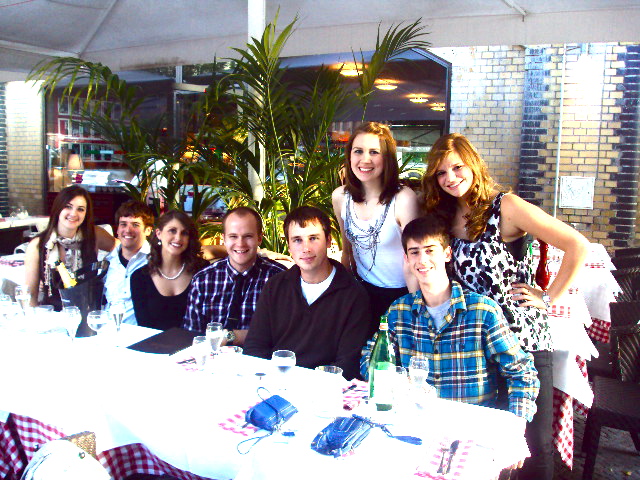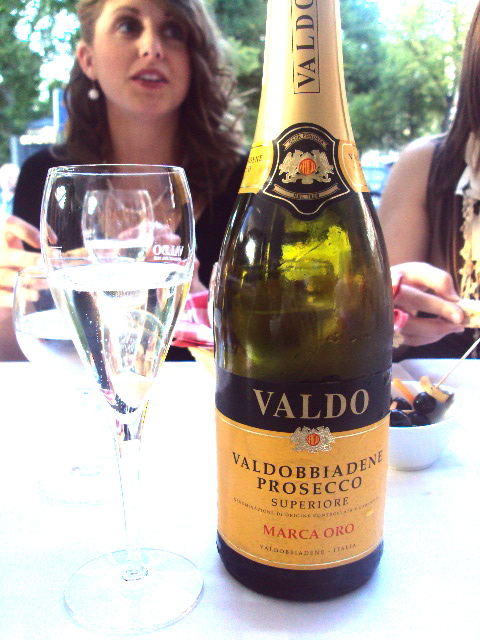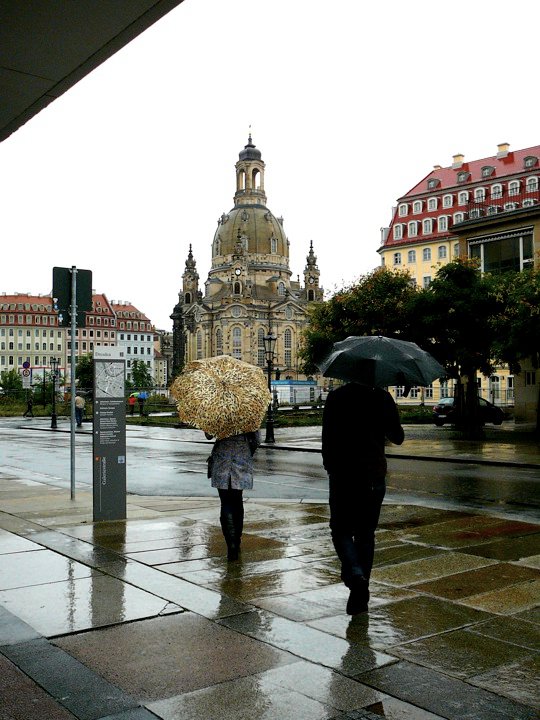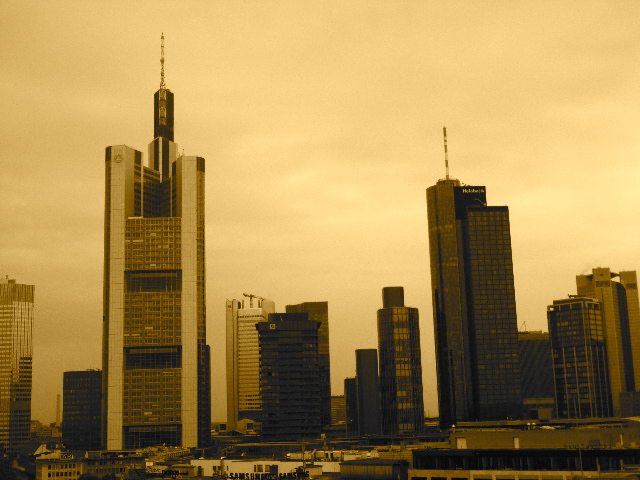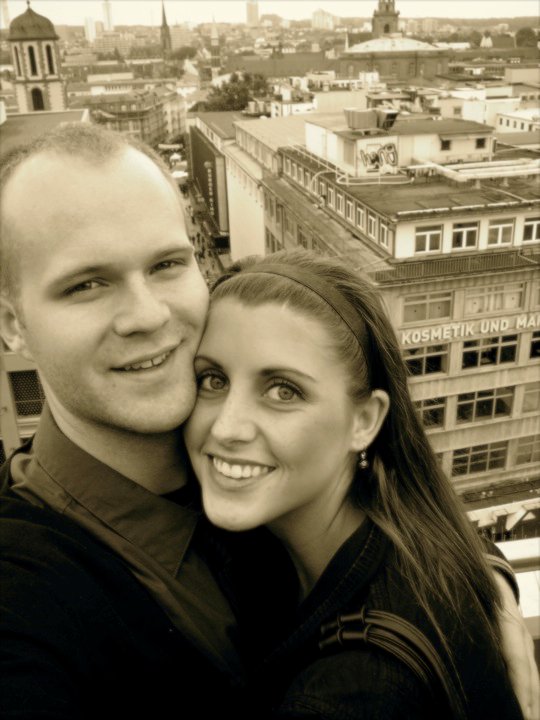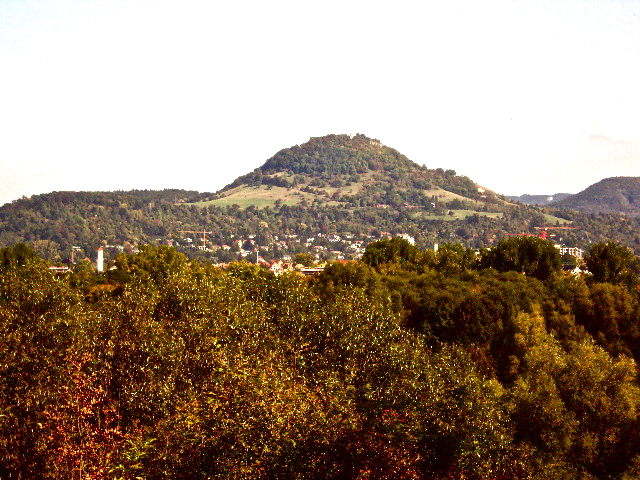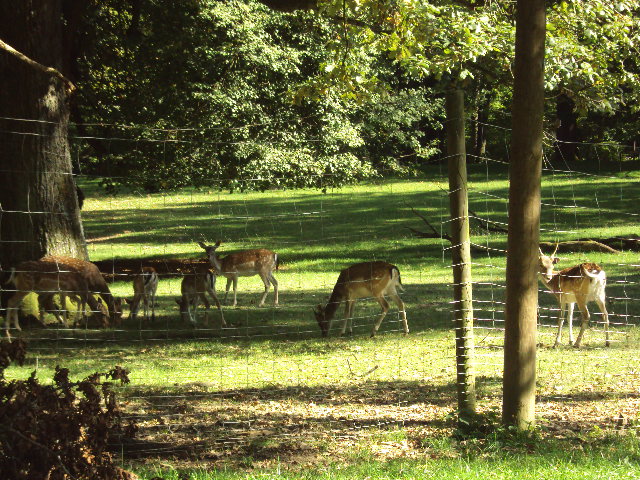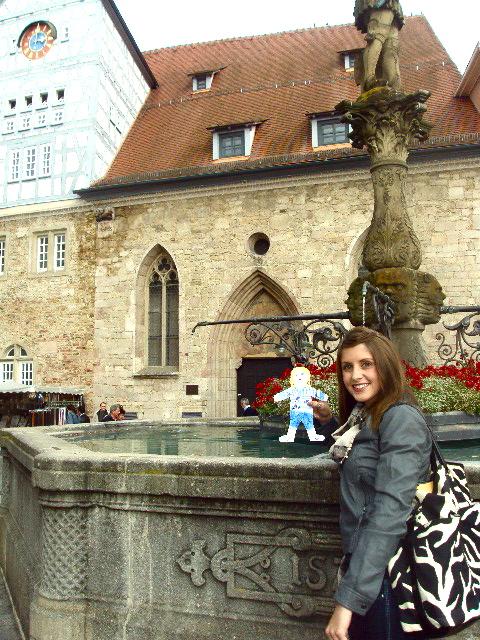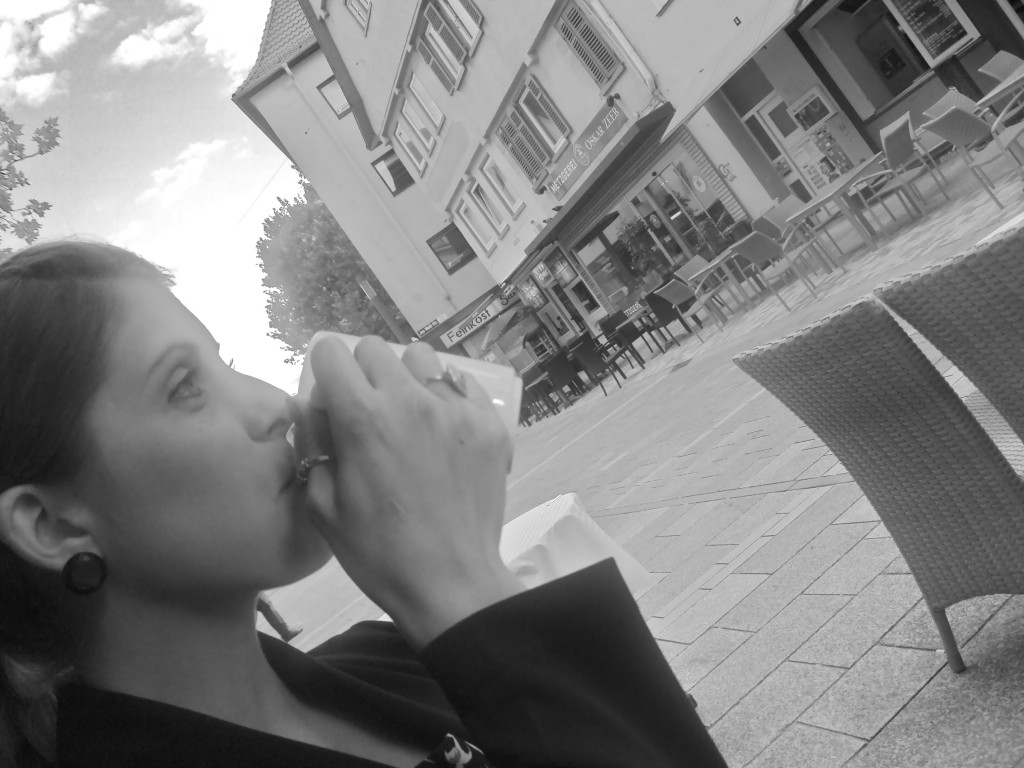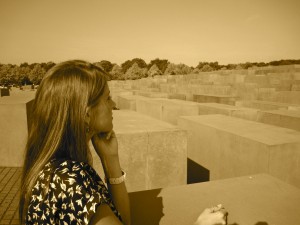Historic by day and dynamic by night. How do you characterize a city with such profound history yet such nighttime energy? One cannot step foot in Berlin without experiencing a plethora of emotions ranging from despondency to bliss, acrimony to absolution. It seems improper and almost offensive to enjoy Berlin’s nightlife with its presence of history so willingly revealed; yet makes one question their state of naïveté for letting that very thought settle in the first place. It is as if a hormonal battle is inevitably existing in this city as individuals are forced to face a variety of emotions every day, for the feelings you feel at one moment have the potential to be in direct contrast to the feelings you feel the next. In short, it is a city characterized by emotional dichotomy.
Me being the protagonist, I can readily recall countless of the inevitably opposing emotions that existed in this enticing city. The most profound example of such emotional dichotomy occurred on a Sunday morning, mid September. It was as though the serenity that completely occupies my one out of seven days a week was mocked. The late morning walking tour of Sachsenhausen Concentration Camp contrasted with the late evening pink-line to Oranienburgerstraße left me with such emotional unrest that my once glorious, blessed Sunday was now filled with anxiousness, restlessness, and profound perplexity. The dichotomy of that Sunday not only rested in the activities that took place, but in the weather as well. The weather in mid September is typically characterized as crisp, bitter, and potentially quite chilly. What’s more, I would argue that most individuals would reason that the chances of the weather cooperating for them on the day of a concentration camp tour are fairly slim, all the while deeming it seemingly appropriate if it didn’t. However, that atypical Sunday afternoon, the sun was ever present and the temperature seemingly perfect. It is obvious then, that even before the day’s activities began, there was such juxtaposition, both spiritually and physically. Because my emotions were already contrasting one another prior to 8:00 a.m., I felt I could accurately predict what the rest of the day would bring emotionally. But in actuality, I couldn’t.
The emotional dichotomy that existed while touring Sachsenhausen was profound. The humbling walk from the train station to Sachsenhausen was characteristically quiet. However, “quiet” is a substantial word in this context, for the quietness itself was yet another present dichotomy that day. Ultimately, the silent walk was a symbolic representation of the noise we were all experiencing internally. The fact that very little was spoken during the walk to Sachsenhausen Concentration Camp alludes to the deafening turmoil that everyone was experiencing internally. What is one supposed to say? After riding a train the same route the prisoners once did, after exiting at the same station as those very prisoners, and after walking the seemingly long walk (for most of them, their ultimate death walk) to the concentration camp, I was left with a complete absence of words. Yet, just like everyone else, while I was physically quiet I was simultaneously internally racing from thought to thought. I’m not sure if nobody spoke because our minds were too loud with words or because we simply couldn’t articulate those very thoughts that were occupying all of our minds. While I can’t recollect much of the competing thoughts I was experiencing during that walk, there is one in particular I can remember clearly: even while I am literally walking in the prisoners’ footsteps, I still have no idea what it is like to be in their shoes. It was then that I became increasingly frustrated, frustrated with my inability to take on some of their hurt.
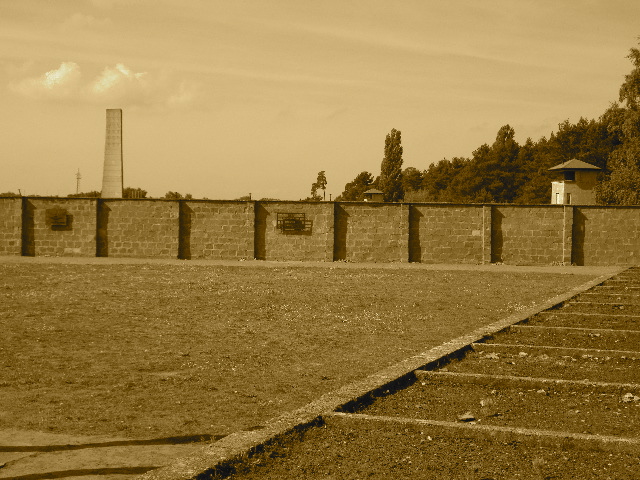
I remember approaching the campgrounds with such hesitancy. The words “Arbeit Macht Frei” were scripted across the top of the entrance gate into Sachsenhausen. Before the tour guide even told us the significance of that phrase in English, I knew the connotation they upheld. The sound of those three words is symbolic; the hard consonants alone (r, b, t, ch) represent the nature of the meaning behind them. The cruelty of that gate, just by the sound of those words alone, was nothing compared to what those words meant and to what was beyond them. While there were endless exhibits at Sachsenhausen that beg for ample reflection, the tour as a whole left me an inhumane range of emotion. I began the tour with such hesitancy and confusion, continued the tour with anger and animosity, and ended the tour with a sense of forgiveness and calamity about me. I was prepared for the feelings of hesitancy and animosity, but to feel forgiveness to those who inflicted so much pain was an emotion that I hadn’t expected. Surely, that mercy was of the Spirit, and not of my own. Then again, it was a Sunday afternoon. How very typical.

Because I had ended the tour of Sachsenhausen with a calamity and forgiveness about me, I had expected the evening to continue as planned. However, I found myself, yet again, in a state of overwhelming internal conflict. As I was going through my typical routine of freshening up for the evening, (showering, applying makeup, adorning myself in pearls, and the like) I felt an immense sense of guilt lay heavily on my heart. I began feeling angry with myself for not reflecting on those seemingly trivial blessings in which I had just participated. Why wasn’t I feeling thankful for a genuine washing for the duration of my shower? Why do I take for granted my freedom to apply makeup? Does adorning myself in pearls represent something other than materialism? Were all of these self-criticisms reasonable to have? If God doesn’t provide me with it, am I responsible to implement more sacrifice in my daily life, given what I witnessed today? Or is that something you experience, reflect on, and continue as you normally would? I became so involved with these questions that I both wanted to enjoy the evening and didn’t want to at the same time. Once again, a dichotomy of emotions was prevalent.
While I have had ample time to reflect on all of these emotions since being in Berlin’s emotionally dichotomist city, I have come to several valuable conclusions. One of the most important of these is the benefit to implementing an element of sacrifice in one’s life. After viewing the tragic state the prisoner’s were living in, I realized the strength and perseverance we as humans have that we may not realize we have unless tested. After all, that’s what trials are, purposeful opportunities; opportunities to illuminate weaknesses in order to turn them into strengths, or challenge the strengths in order to turn them even stronger. Whatever life circumstance you may find yourself in, I challenge you to bring in that element of sacrifice, see where it takes you. But more importantly, see where you take it. It is the trials that bring us victory.
Needless to say, it was an incredibly enjoyable evening
